Most of us who enjoy science fiction also do so by reading current newspapers. I love plans for trips to Mars, predictions about the ability of computers to do such and such a thing five years from now or what the cities of the future will be like. I talked about it in my article on how to “inventing the future“but after chatting with an economist friend of mine over two drinks in a dimly lit bar, I’d like the opportunity to elaborate a bit more on that. present future cyberpunk that does not wait on the other side of the corner. Some call it the immediate future, and I say that we are already living it, although many people are not yet fully aware of it. Others, however, claim that they have already been born in that reality, and that our daily life and our happy past is a utopia of cinema and literature.
As I like to do, I will first talk about those things that some people talk about enthusiastically, as part of that future process that they say is already here. I believe, however, that they are trying to sell us a motorcycle. The important thing is not the bike itself, but the fact that they are trying to trick us.
The neurolink
This is perhaps the most important technology in the cyberpunk genre. The ultimate interface between man and machine. It has been a classic since the publication of Neuromancer, and even appears in some of Gibson’s earlier stories. Now, Elon Musk, who seems like the reincarnation of Tony Stark in the real world, delights us with another headline: “Neuralink, the company that will connect your brain to your computer” (although a visit to neurolink.com directs me to neuralink.com with a website that looks like something out of a mystery movie….. WOW)

I don’t see this invention: not in five years, not in fifteen. I have been following this issue for two decades and the progress has been negligible. The problem remains the same: we know very little about how the brain works. How do we intend to make a complete interface, being able to replace the organic senses by an external computer-generated digital source? The most advanced thing we have today is a chip that allows a few pixels to be emitted into the optic nerve. How can we pretend that the future is “already here”, this is a motorcycle that has no wheels, no design plans or anything else.
Immersive virtual reality
Wow, another cyberpunk classic. I promise you that I don’t always talk about the same topics in my day-to-day life, only on my blog. When I talk about this concept, I am talking about people spending more real time inside a virtual world than outside, in our reality. People who can make a living in a virtual world, as I mentioned in“11.4 light dreams“. It has to be something worthwhile for some people to prefer to live in it rather than in the physical world where we were born.
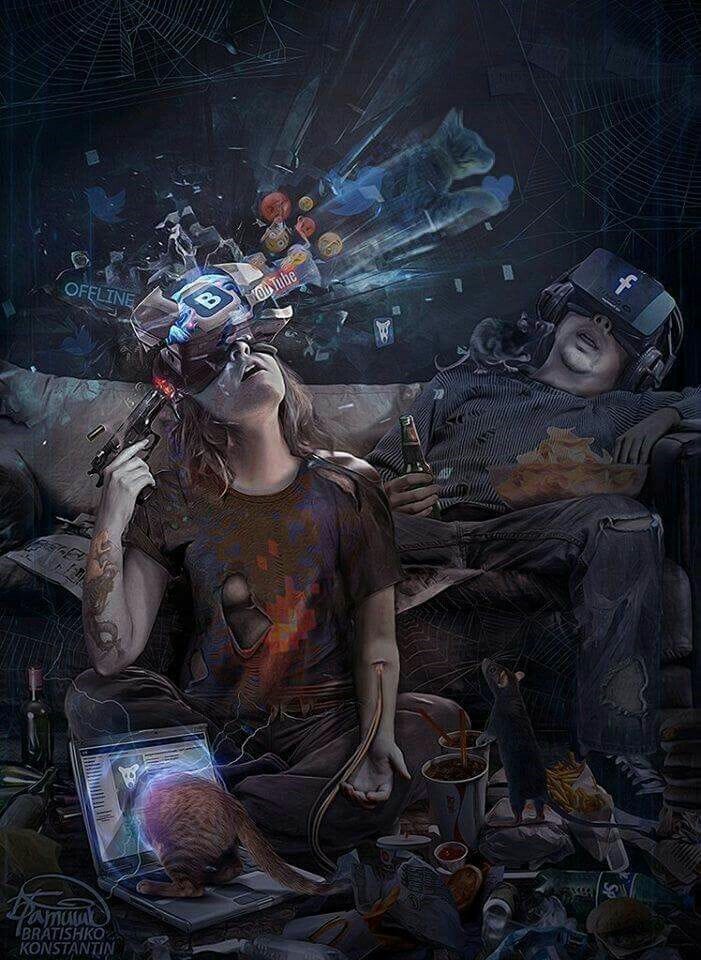
I’ve seen first hand the advances in hardware and software in VR (I have a Sony VR!), and I know people who work in multinationals precisely on these issues and the bad news is this: we won’t see that in the next 5 to 10 years, not by a long shot. There is still a huge amount of hardware needed to make the experience, without a Neurolink, immersive.
Space colonies
Elon Musk (again!) has a great plan to land on Mars around 2024, with the design of a ship that will be able to transport up to 100 people directly from our planet, and beware, the ship will also be able to land on any solid body in the solar system. Just the name of the rocket says a lot: BFR (Big Fucking Rocket).
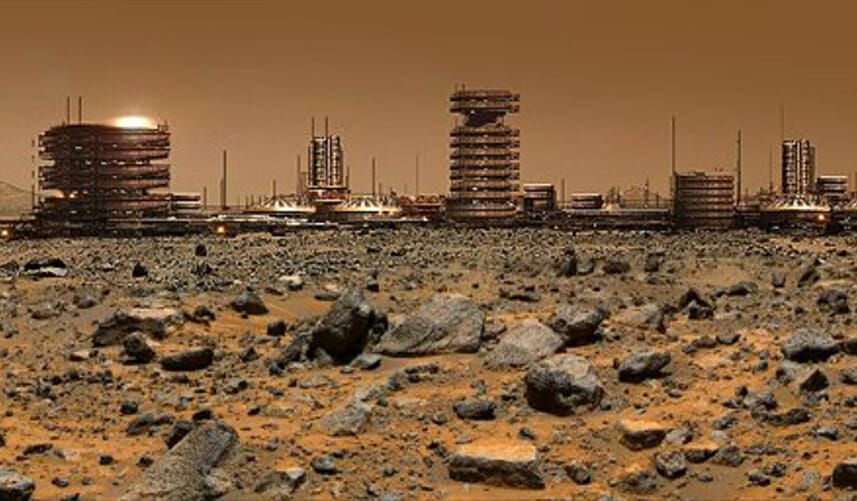
Those who are older and who saw man set foot on the moon probably dreamed something similar to what we all dreamed after listening to Musk: seeing colonies being established on the moon, and soon after, realizing that the reality of every science fiction fan’s greatest fantasy was slowly turning into something everyday and wonderful: space travel.
But the reality is that we are still using the same chemical rocket technology (somewhat enhanced by software) that Von Braun and his Soviet comrades invented. Big Fucking Rocket (100m) is still a rocket shorter than the Saturn V that took three astronauts to the moon in 1969, a whopping 46 years ago, almost half a century. I don’t want to be a doomsayer, because perhaps this is the most realistic of the three (neurolink, virtual reality and space colonies), but perhaps 2024 is an unrealistic date. How about 2030?
The (cyberpunk) future that is already here
Now we are here. But I’m afraid it’s not a revolutionary technological innovation. No, it won’t be artificial intelligence – I have another article to write about that – nor will it be drugs. Have you guessed which one?

Mega-corporations
Evilcorp, Cyberdyne, Tyrell, Weyland-Yutani, Haselfroch, Umbrella. Call it X, but we all know what we’re talking about: companies far more powerful than any state on the planet. We are not there yet, because companies like Amazon are still fiscally and politically tied to one country: the US. Amazon is the first company that is beginning to show its teeth, creating sub-companies that increasingly represent the functions of a state, such as logistics, security, transportation, distribution and in the coming years we will undoubtedly see social security, insurance and pension plans and a long etcetera, taking care of 100% of the needs of its workers.

We have already seen this change, from the liberties of a citizen to the rights of a worker, in several petro-monarchies. What happens is that it is not yet striking because it occurs in segments of workers with few resources, but the same change is bound to occur with the elites of the world of work in the first world. And I think we will see this change long before immersive virtual reality, long before neurolink and probably at the same time as the first space colonies, which will undoubtedly be private and outside the orbit of national protection. After all, if Elon Musk founds a colony on Mars, who’s going to stop him from creating his own country? His citizens will not have been born there, and they will have rights and obligations to the new country. The kingdom, but they will not have to answer to a magna carta, but to a contract.
You may think I have a powerful imagination, but this already exists, on a small scale in city states within Middle Eastern countries, where they have protected cities, outside their own states with different and much more liberal laws. It also occurs, on a smaller scale on oil platforms, and of course, we have seen it in the movies, in blockbusters like“Zero Atmosphere“.
Democracy is exhausted by the very nature of technology, which makes bureaucracy and even the law unnecessary. And who masters technology, the one who is able to pool resources and talent? The impediments to import talent from governments and their restrictive immigration policies will sooner or later cause large companies to establish free zones, secure and totally controlled by them so that their workers and their families do not have to worry about anything at all. To live in the new cities governed by the mega-corporations will be to live in a totally liberal state, without control by a state, only under the rules of a private company. A perverted vision of capitalism, where the regulatory state does not exist. The nightmare of absolute liberalism.
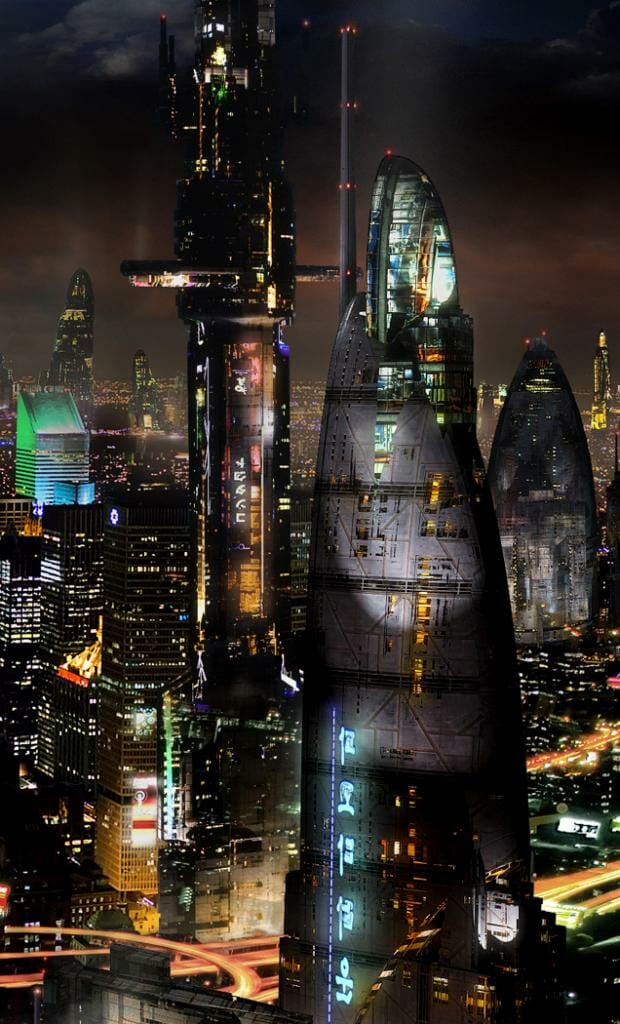
This concept is the essence of cyberpunk, beyond technological fluorescence and tormented characters. Beyond implants and drugs. That cyberpunk means living in a world where everything is bought, everything is sold, and the value of everything is measured in money. A terrible future we are destined to live.
This is the future I propose in the novel I have already begun to write (still untitled). A future so immediate that it is almost indistinguishable from the present. It is not cyberpunk as usual, but rather a uchronia too close to reality. A future where a character like Mikel, its protagonist, can hide his shadows at will, and an ideal place to tell a thriller. In future posts I will tell you more about it.

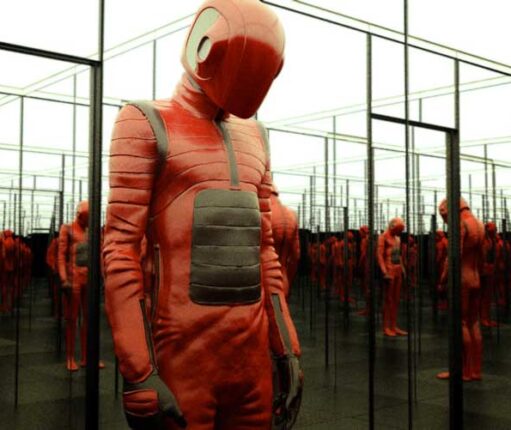
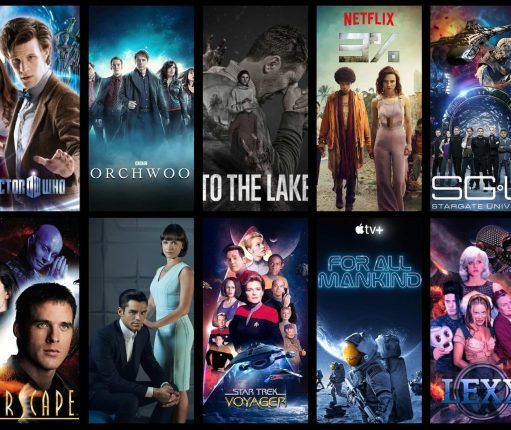

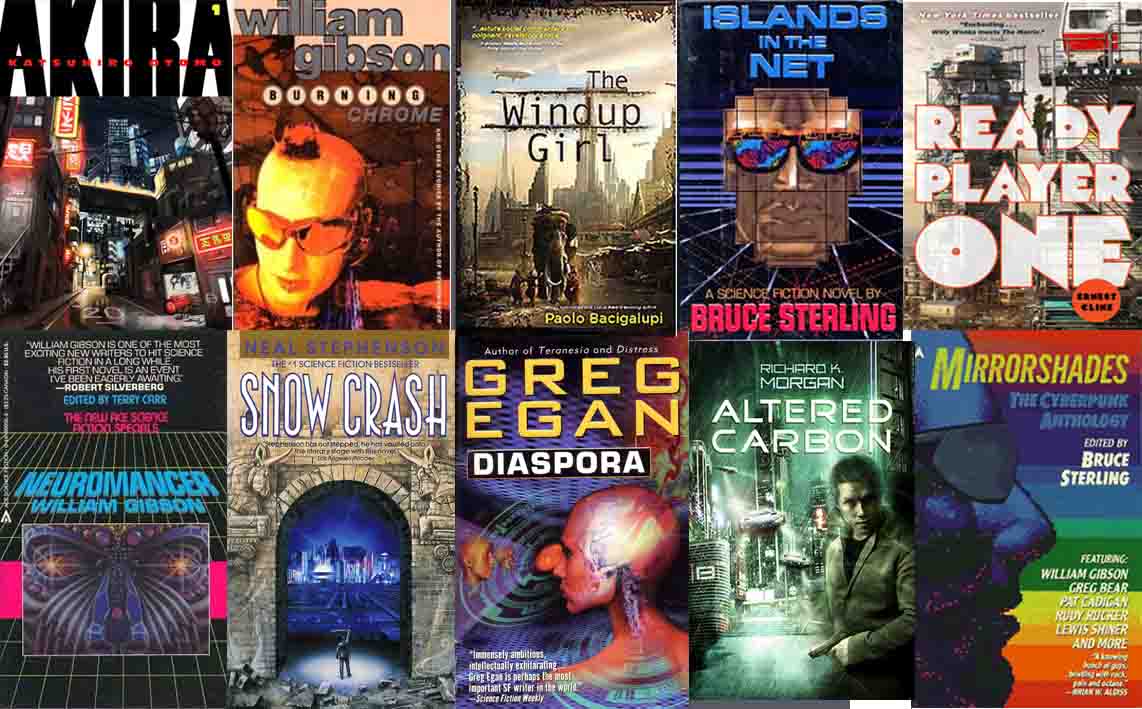


No Comments